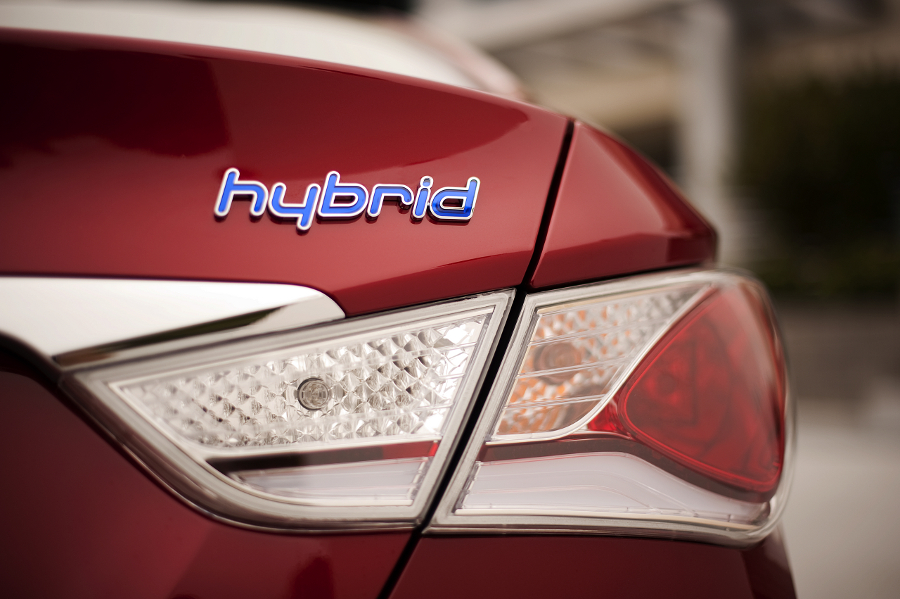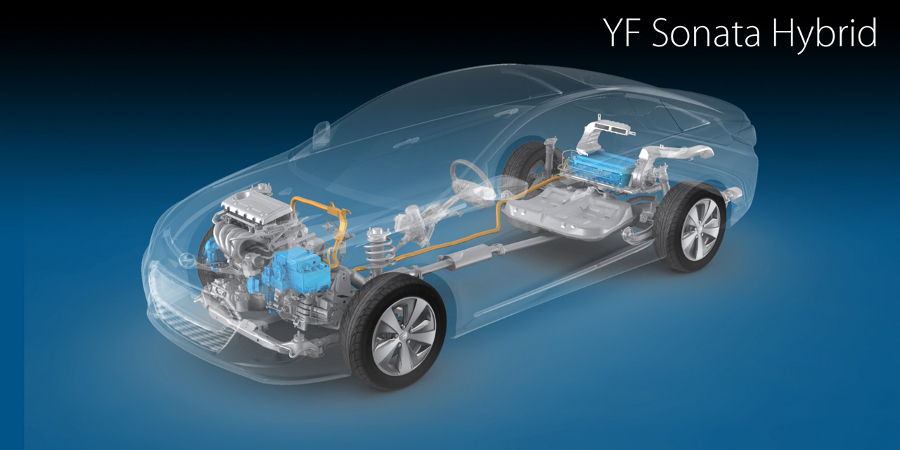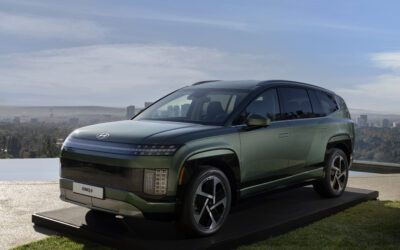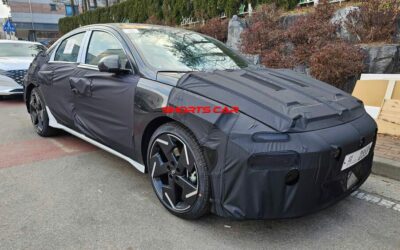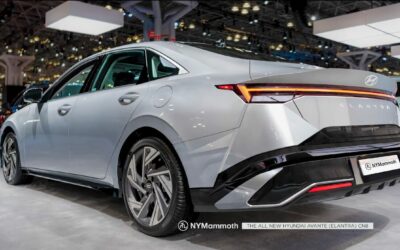Hyundai today shared details of its Lifetime Hybrid Battery Replacement Guarantee with U.S. President Barrack Obama at a technology demonstration summit in Washington D.C. Initially announced at the North American International Auto Show in Detroit earlier this month, the Hybrid Battery Replacement Guarantee applies to all U.S. 2012 model year Sonata Hybrids and is the first-of-its-kind in the industry. The coverage expands the benefits of Hyundai Assurance, the industry’s most comprehensive warranty program.
A Hyundai representative at the mass technology demonstration summit also had an opportunity to review Hyundai’s hydrogen-powered fuel cell vehicle announcements with President Obama.
The Hyundai Lifetime Hybrid Battery Replacement Guarantee ensures that if the 2012 Sonata Hybrid lithium polymer battery fails, Hyundai will replace the battery and cover recycling costs for the old battery pack free of charge to the original owner. The coverage is not transferrable, and does not apply to lease and commercial vehicles or vehicles serviced outside the U.S.
Hyundai’s philosophy is to make advanced technology accessible across a wide customer base, as it has done with direct-injection technology. Hyundai’s research indicates that battery replacement costs are a big barrier to the consideration of a hybrid vehicle.
“Even with all the hybrid vehicle options on the market today, there is still limited demand for these vehicles because of barriers to customer adoption such as uncertainty about the technology and performance,” said Michael O’Brien, vice president, Corporate and Product Planning. “By offering the Lifetime Battery Replacement Guarantee, Hyundai Motor America is addressing customer concerns and demonstrating our confidence in the durability of our product.”
The Hybrid Sonata, with Hyundai’s Hybrid Blue Drive technology, features a lithium polymer battery pack, making Hyundai the first automaker in the world to incorporate this remarkably efficient battery technology into production vehicles. Lithium polymer is the next generation of lithium ion technology and is ideally suited to automotive applications thanks to a robust and reliable chemistry.
The lithium polymer cells, developed with Hyundai’s partner LG Chem, use a manganese spinel chemistry that provides an excellent balance between power delivery, energy density and thermal stability. Thermal stability is critical to ensuring durability, eliminating the need to replace the battery pack during the normal lifespan of the vehicle. The electrodes in older lithium ion chemistries expand and contract with the heating and cooling that occurs during charging and discharging. This thermal expansion causes cracks in the electrodes which ultimately reduces the cell’s ability to hold a charge. Manganese spinel lithium polymer cells have much lower expansion rates and are thus able to go through tens of thousands of charge cycles even without having to use a heavier, liquid cooling system.

